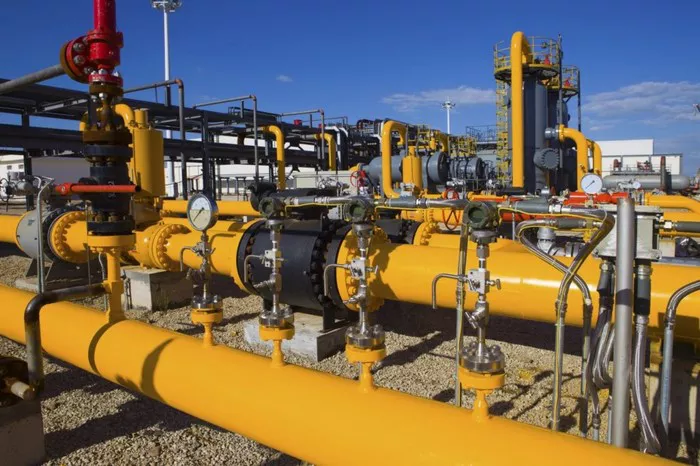As the electric vehicle (EV) market in India rapidly grows, companies like Suzuki Motor Corp., BYD Co., and VinFast Auto Ltd. are poised to increase their presence, while Tesla, despite having registered a local unit over four years ago, remains conspicuously absent. At the Bharat Mobility Global Expo in New Delhi this week, major manufacturers will showcase new EV models, intensifying competition for market share in India’s emerging but promising EV sector.
The expo will feature Maruti Suzuki’s debut of the e-Vitara, an electric SUV developed in partnership with Toyota Motor Corp. Alongside them, VinFast will present its five-seater VF7 and larger SUV VF9, while BYD, Hyundai Motor India, and Tata Motors will expand their EV offerings. These moves highlight a growing trend among Asian automakers to capitalize on India’s rapidly expanding EV market, leaving Tesla with mounting pressure to enter the fray.
Tesla’s Reluctance to Enter India
Tesla has repeatedly delayed its entry into India, primarily due to concerns over the country’s high import taxes on EVs. CEO Elon Musk has voiced concerns over the steep import duties, which have been a significant barrier to Tesla’s plans for a manufacturing facility in India. Despite these obstacles, Tesla remains hopeful that the Indian government will reduce these duties to incentivize investment. In March, India lowered import duties on EVs for companies willing to invest at least 41.5 billion rupees ($500 million) in local manufacturing facilities, but Tesla has yet to announce firm plans for entry.
Elon Musk had been scheduled to visit India in April last year to meet with Prime Minister Narendra Modi and discuss potential investments, but his visit was postponed due to internal issues at Tesla, including workforce reductions and vehicle recalls. While Tesla has not committed to a manufacturing plant in India, its competitors have already gained traction in the market.
India’s EV Market Growth and Opportunities
India, the world’s third-largest greenhouse gas emitter, is actively working to decarbonize its economy and achieve net-zero emissions by 2070. As part of this commitment, the country aims to boost the adoption of EVs, which currently make up just 2.4% of the total vehicle sales in India, despite having over 4 million vehicles sold annually. The introduction of new EV models at the Bharat Mobility Global Expo is expected to drive growth in EV penetration, further supported by India’s increasingly affluent consumer base.
Amit Bhatt, India managing director at the International Council for Clean Transportation, noted that global manufacturers entering the market creates excitement and supports the development of the necessary EV infrastructure, including charging stations. Road transport is responsible for up to 30% of air pollution in India’s largest urban centers, and a shift to electric vehicles could significantly reduce this pollution.
Maruti Suzuki Takes Charge in EV Race
Maruti Suzuki, India’s largest carmaker, is entering the electric vehicle market late but with significant ambition. The e-Vitara, an electric SUV developed in collaboration with Toyota, will challenge existing EV offerings from companies like Tata Motors, which currently holds over 60% of India’s green vehicle market. Maruti’s late entry into India’s EV sector is not unfamiliar; the company has successfully captured market share in the past with its diesel vehicles and compact SUVs.
Maruti’s e-Vitara will face competition from Hyundai’s Creta Electric, Toyota’s Urban Cruiser EV, MG’s Cyberster, and Kia’s Carens EV. Tata Motors, which has been a dominant player in India’s green vehicle market, will work to maintain its leadership as new entrants like Maruti Suzuki, VinFast, and BYD expand their presence.
The Battle for Market Share
The absence of Tesla has created an opportunity for Asian manufacturers to establish a foothold in India’s EV market. Companies like BYD, VinFast, and Maruti Suzuki are pushing ahead with new launches, eager to capture the growing demand for electric vehicles in India. As Tesla continues to weigh its options regarding India’s high import taxes and investment requirements, its competitors are taking steps to outpace it.
Tata Motors, already holding a significant share of the market, will face heightened competition from the increasing number of global manufacturers entering India’s EV space. With more models expected to hit the market this year, the competition for market share will only intensify, putting pressure on established players like Tata to innovate and expand their offerings.
Conclusion
Tesla’s delay in entering India’s EV market has allowed competitors to gain a head start, with Suzuki, BYD, VinFast, and other carmakers pushing ahead with new electric vehicle launches. As the market for electric vehicles in India continues to grow, driven by government policies and increasing consumer interest, Tesla faces mounting pressure to overcome its import tax challenges and enter a market that is already crowded with strong Asian rivals. While Tesla still holds the potential to dominate, it will have to act quickly to compete with the well-established players that are making significant strides in India’s rapidly growing EV landscape.
Related topics:



































